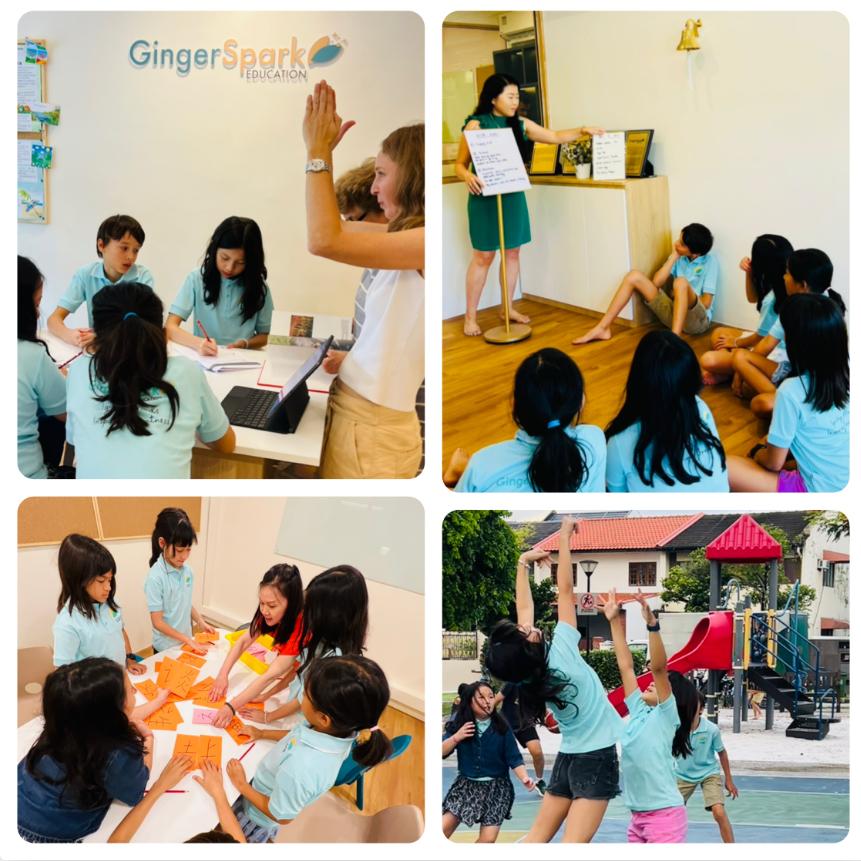The challenge of selecting the right after-school program weighs heavily on the minds of today’s parents. With so many options available, it can be overwhelming to find a program that ensures safety while also fostering academic and personal growth. This article explores key factors to consider when choosing an after-school program, how structured programs support learning, and what skills children can develop through participation.
What Should Parents Look for in an After-School Program?
When choosing an after-school program, parents should evaluate several factors to ensure it meets their child’s needs.
- Safety Measures – The program should have clear protocols for handling injuries, illnesses, and emergencies. A safe and secure environment is crucial for peace of mind.
- Curriculum and Activities – Look for programs that offer homework help, tutoring, and enrichment activities aligned with your child’s interests. An ideal program balances academics and fun.
- Staff-to-Child Ratio – Smaller groups allow for personalized attention, fostering a supportive learning environment.
- Reviews and Testimonials – Reading feedback from other parents provides valuable insight into the program’s effectiveness and quality.
How Do Structured Programs Support Kids’ Learning?
Structured after-school programs help children reinforce what they learn during the school day by providing a well-balanced schedule that combines education with relaxation.
- Homework Assistance – Organized help allows children to better understand challenging concepts and complete assignments efficiently.
- Game-Based Learning – Many programs incorporate educational games to stimulate creativity and make learning enjoyable.
- Social Skill Development – Team-based activities teach kids how to express themselves, resolve conflicts, and work collaboratively—important skills for success in life.
What Skills Can Children Develop Through Activity-Based Learning?
After-school programs expose children to various activities that enhance different skill sets.
- Communication and Creativity – Arts, music, and crafts encourage self-expression and creativity.
- Physical Fitness and Teamwork – Sports help children stay active while teaching discipline, cooperation, and perseverance.
- STEM and Problem-Solving Skills – Science and technology projects spark interest in STEM fields and nurture analytical thinking.
- Time Management – Participating in diverse activities helps children learn how to prioritize tasks and manage time effectively.
Conclusion
Choosing the right after-school program is a crucial decision for parents. By focusing on safety, curriculum quality, and skill development, you can select a program that nurtures your child’s growth. A well-structured program not only improves academic performance but also equips children with valuable life skills for the future.
To learn more about our Premium Student Care program for children aged 7-12, visit our website and explore a holistic approach to after-school care.

